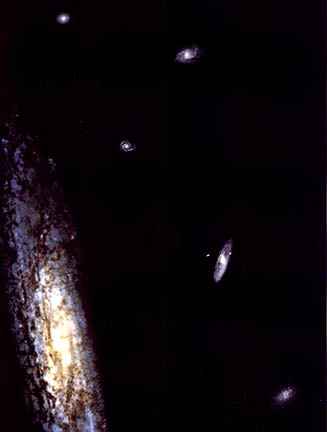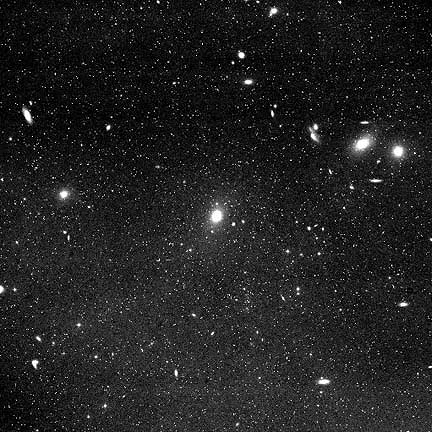

December 20, 2001 Cambridge, Massachusetts - In 1917, physicist Albert Einstein wrote his General Theory of Relativity in which the speed of light was considered the ultimate speed for anything in the universe. He thought back then that the universe was stationary, not expanding and not contracting. But since gravity pulls things together, Dr. Einstein needed to explain why ordinary matter in the universe didn't collapse on itself. His answer was a repulsive force that he called the "cosmological constant," a mysterious force that fills the vacuum of space balancing out gravity and keeping matter apart.
Click here to subscribe and get instant access to read this report.
Click here to check your existing subscription status.
Existing members, login below:
© 1998 - 2026 by Linda Moulton Howe.
All Rights Reserved.

